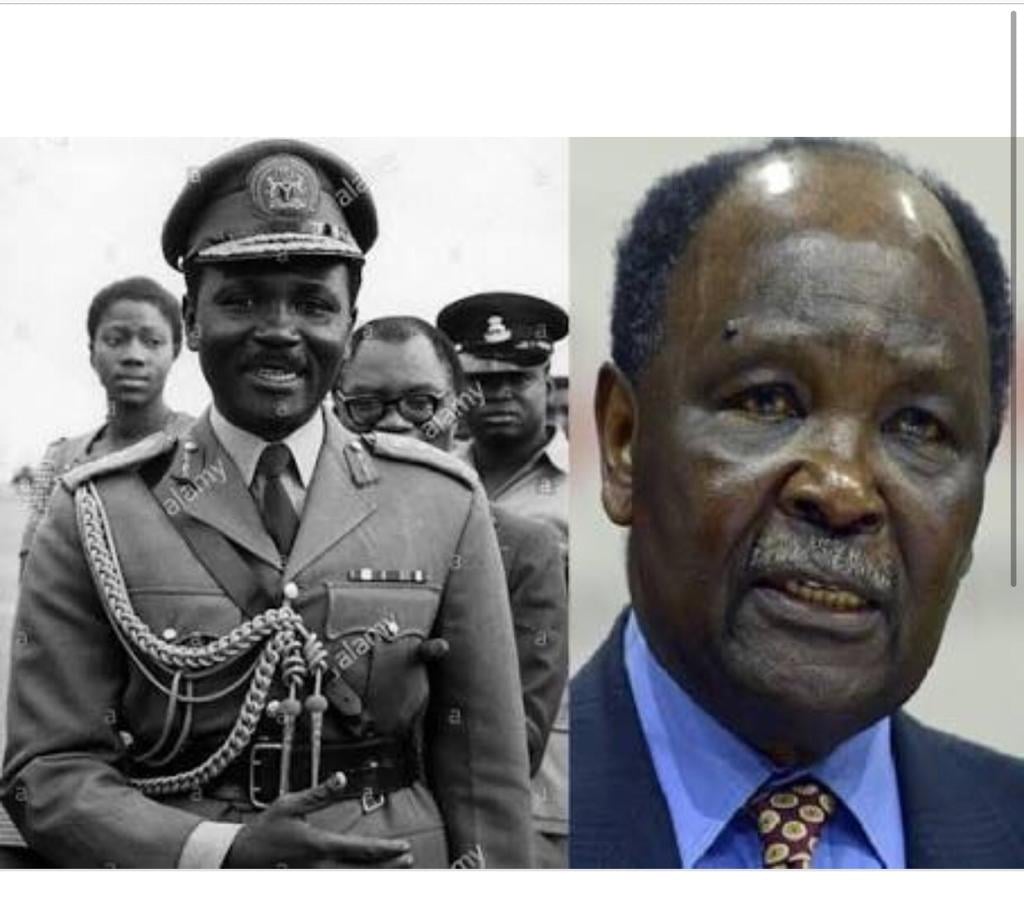Former Nigerian Head of State, General Yakubu Gowon (Rtd), has described the Nigerian Civil War, widely known as the Biafra War as the “most painful episode” in the nation’s history, while acknowledging the complex legacy of military rule in shaping Nigeria’s trajectory.
Speaking in Abuja on Wednesday, Gowon emphasized that while the military played a pivotal role in preserving Nigeria’s unity during the 1967–1970 conflict, it also suppressed democratic growth and civil freedoms during successive regimes.
“On one hand, the military preserved national unity during the civil war,” Gowon stated. “We built infrastructure, created states to bring the government closer to the people, and at times restored order when civilian structures faltered.”
READ ALSO:
However, he candidly admitted the darker side of military governance. “On the other hand, I must acknowledge that military rule stifled democratic development, sometimes violated civil liberties, and created structures that enabled corruption,” he said.
General Gowon, who led Nigeria through the civil war and its immediate aftermath, highlighted the strategic achievements of the military era, including state creation and infrastructure development aimed at unifying the diverse federation.
He credited the Nigerian Armed Forces for playing a stabilizing role during periods of political turmoil, noting that military interventions were often necessary when civilian governments struggled to maintain order.
Despite acknowledging the military’s historical shortcomings, Gowon expressed optimism about the future of Nigeria’s defense institutions. He advocated for a technologically advanced, intelligence-driven military capable of tackling insecurity while upholding democratic values.
“A modern, professional military rooted in democratic ethos and equipped with advanced technology is essential for tackling the security challenges Nigeria faces today,” Gowon said.
He further stressed that sustainable peace and economic development in Nigeria cannot be achieved without the continued contribution of a responsible and forward-thinking military.
As one of Nigeria’s longest-surviving statesmen, Gowon’s reflections offer a balanced narrative of Nigeria’s turbulent journey from military dictatorship to democratic governance. His remarks come at a time when the nation is grappling with rising insecurity, calls for restructuring, and debates over the military’s role in internal security operations.















